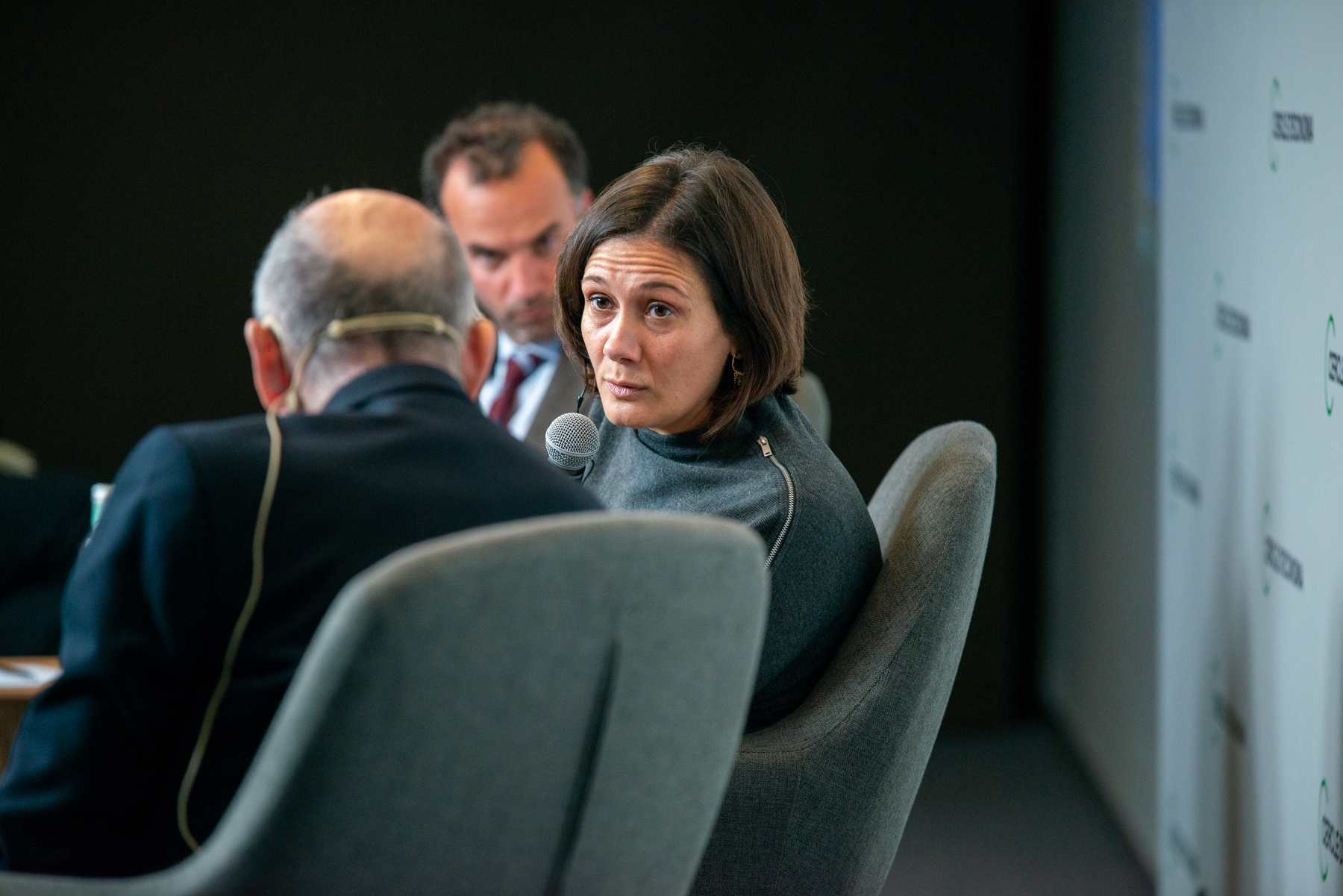European energy dependence, the rise in energy prices, the economic and social consequences of the energy crisis, the geopolitical origins of this crisis or the necessary energy transition towards renewable sources are topics that Russia's war in Ukraine has put it at the center of the local, European and international debate. Although the European Union has made significant steps forward in the aftermath of the war, its energy transition towards renewable sources, and more in line with its sustainable development goals, is still in its infancy. EU policies will have immediate effects in Barcelona, Catalonia and Spain and, above all, will show the growing connection between international crises and the daily lives of citizens.
The first session of the cycle began with a debate on geopolitics and energy and how the war in Ukraine has impacted energy security in Europe. We talked about it with Susi Dennison, senior policy fellow at the European Council on Foreign Relations, and with Mariano Marzo, director of the Energy Transition chair at the Repsol-UB Foundation. The debate was moderated by Pol Morillas, member of the Board of Directors of the Cercle d'Economy.
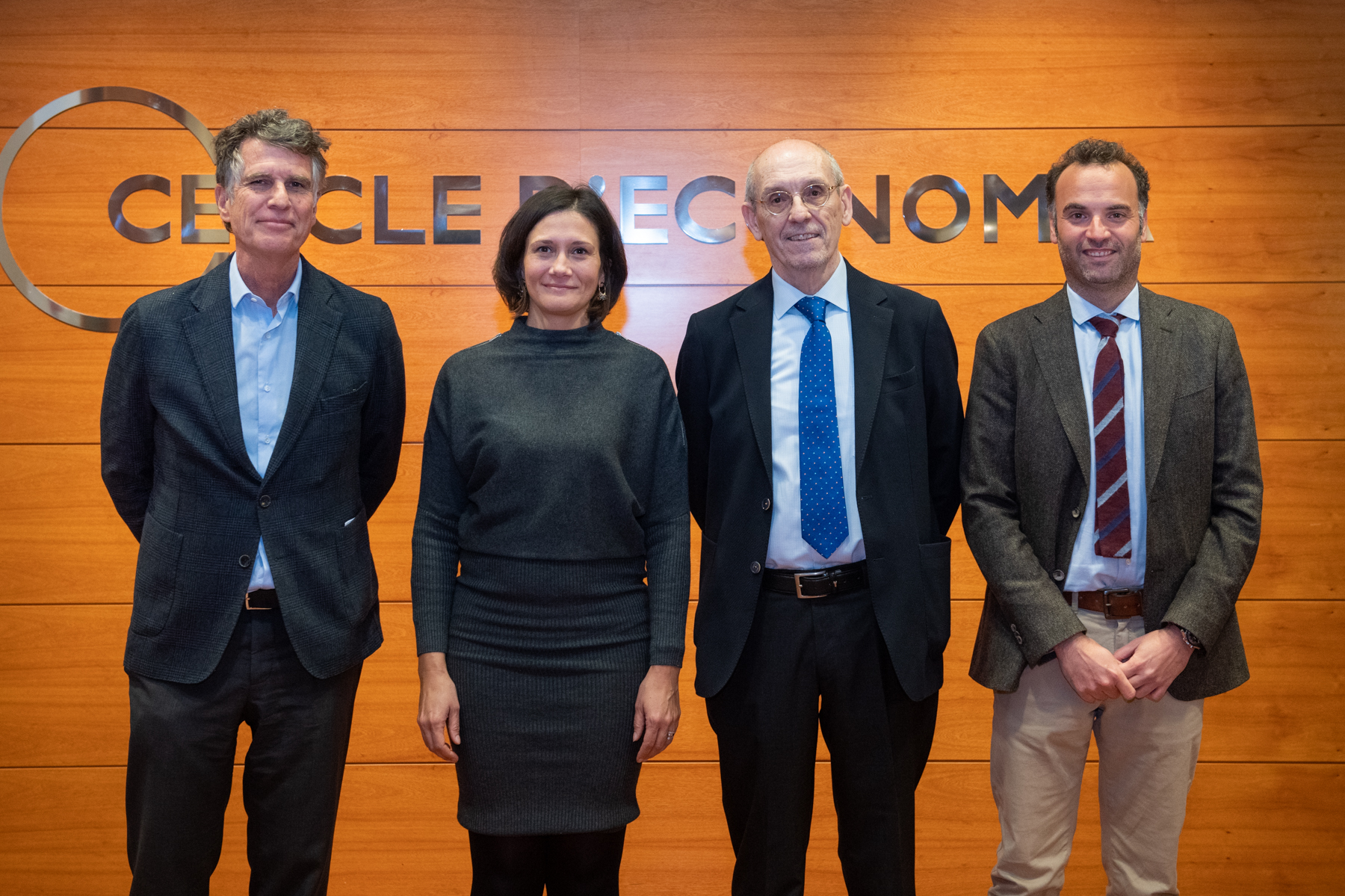
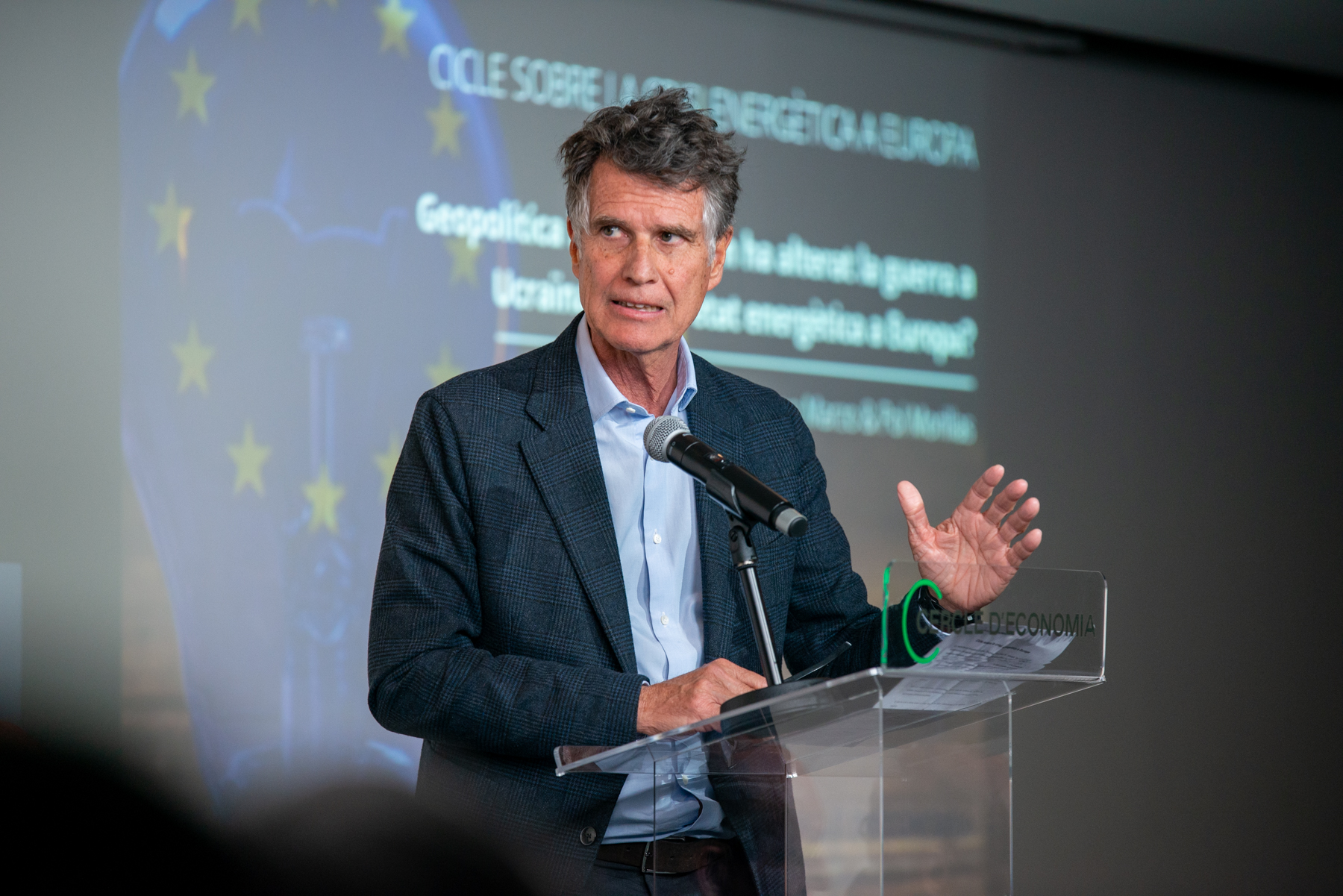
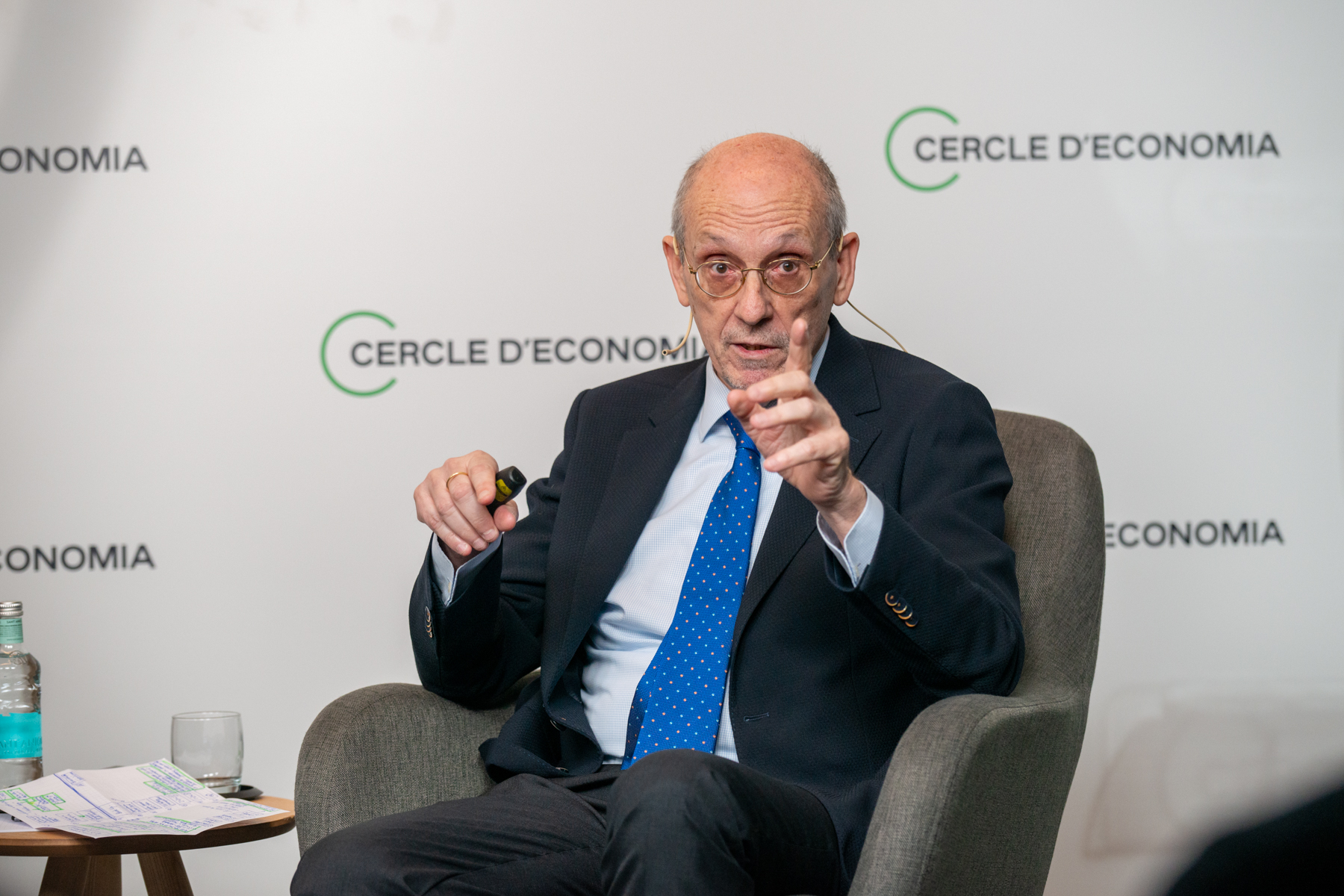
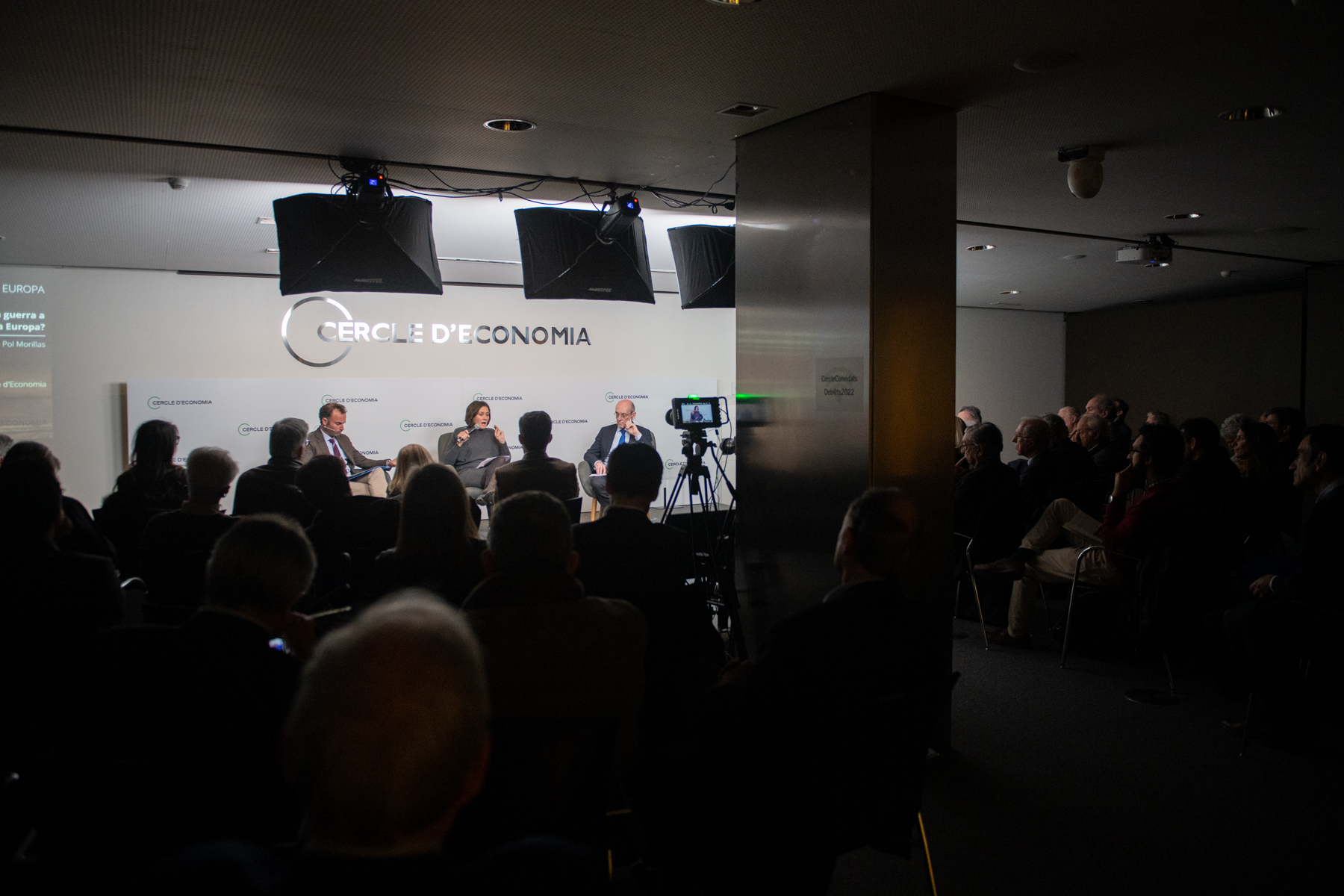
“Europe finds itself in a moment of polycrisis. These crises reverberate in three spheres: 1) International sphere of geopolitical competition; 2) the transnational sphere shaped by the weaponization of interdependence through food, cyber attacks, and sanctions; 3) the national sphere where games of political survival in different EU member states are playing out.”
Susi Dennison
